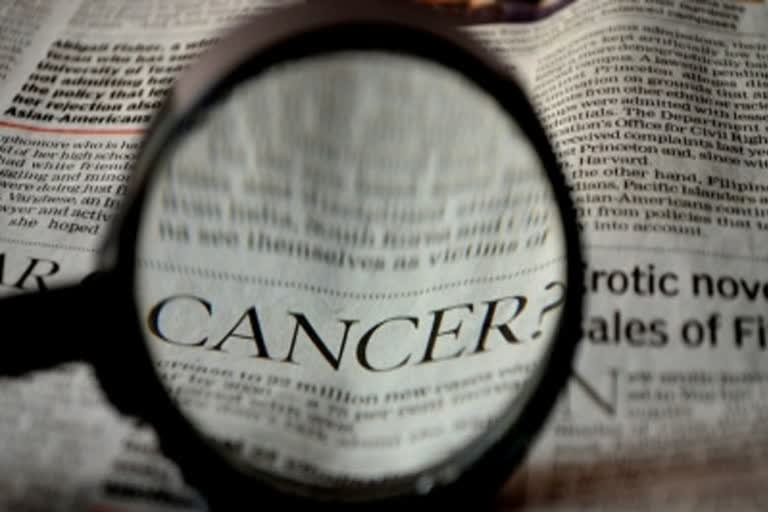New Delhi:Multiplying the cost per unit of early and advanced cancer as per the results of a study, India spent approximately Rs 2,386 crore in 2020 on oral cancer treatment, paid for by insurance schemes, government and private sector, spending out of pocket payments and charitable donations or a combination of these.
This is a significant portion of the healthcare budget allocation the government made in 2019-20, towards a single disease. Without any inflation in costs, this will result in an economic burden on the country of Rs 23,724 crore over the next ten years. Tata Memorial Centre Published the first of its kind study on the cost of illness and treatment of oral cancer in India. "This straining economic impact of oral cancer treatment strongly suggests that prevention must be one of the key mitigation strategies for addressing affordability," said the study, adding that almost all oral cancers are caused by some form of tobacco and areca nut use, either directly or as a secondhand intake.
It is very important for our country to take adequate measures to curb this menace and mitigate the economic burden caused by just one of the hundreds of diseases caused by tobacco consumption, it said. "Early detection strategies leading to just 20 per cent reduction in advanced-stage disease could save almost Rs 250 crore annually."
According to the World Health Organisation (WHO), the study further said cancer is the second leading cause of death globally, with approximately 70 per cent of cases occurring in low and middle-income countries. 'India's cancer scenario is burdened with oral cavity cancer being the most common among men. In fact, India accounted for almost a third of the global incidence in 2020." Dr R.A. Badwe, Director, Tata Memorial Center said, "As per the GLOBOCAN statistics, the rate of new cases being diagnosed has increased by a staggering 68 per cent in the past two decades alone, making it a real public health crisis. "To add to this, accessibility to health services is low, which coupled with poor health literacy results in a majority of cases presenting with an advanced-stage disease that is often difficult to treat."
Read: COVID impact on cancer patients
Approximately, 10 per cent of the patients have a progressive disease that makes them untreatable and can only be offered supportive care for their symptoms. Most of those who do receive some forms of treatment are left unemployed and become an economic burden on their friends and family. Even patients with health insurance and/or government aid, typically seen as immune to the cost of healthcare, face serious challenges as most schemes do not provide the actual amount needed for treatment.
